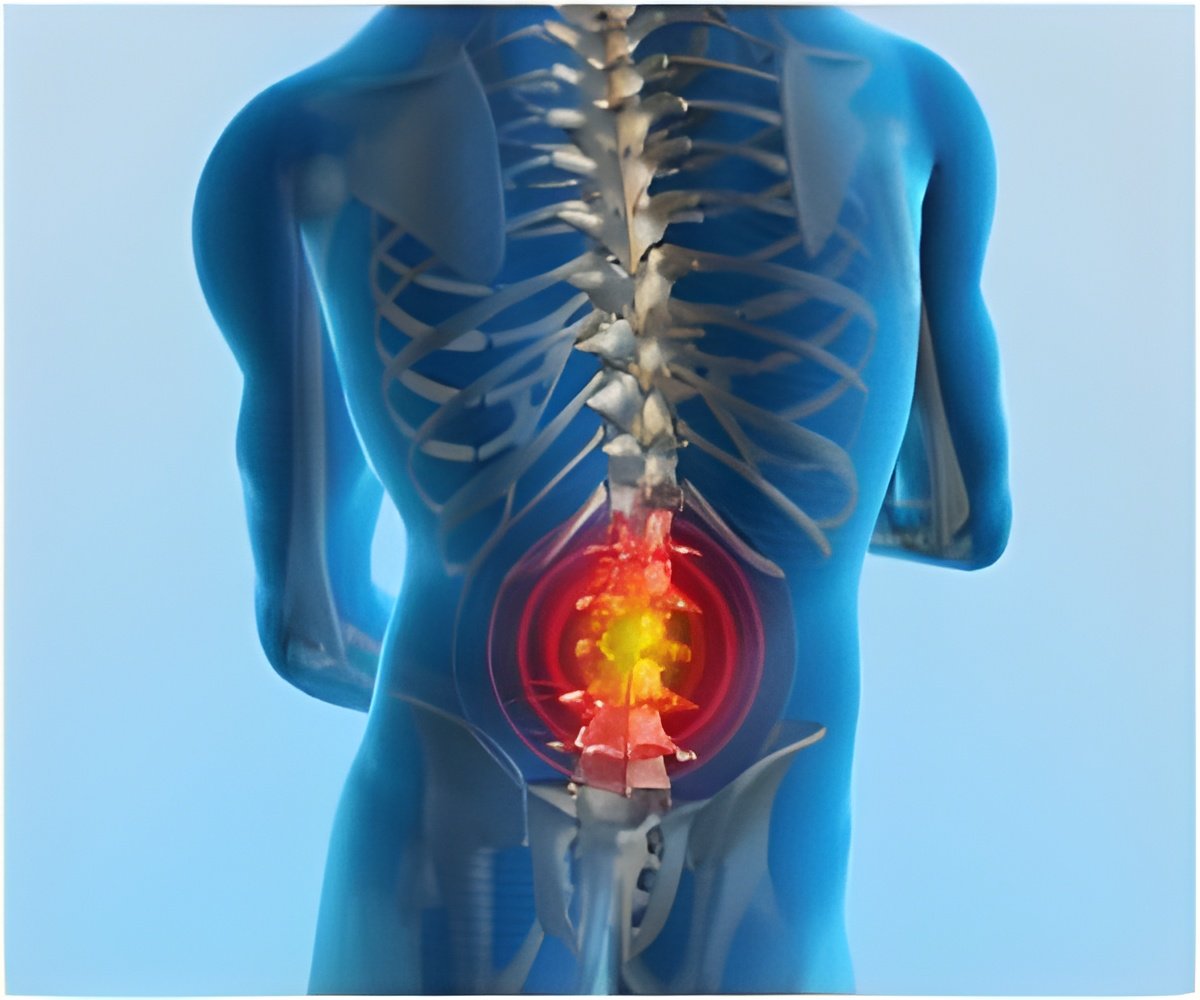Researchers from the McMaster University have revealed that current data does not support the routine use of minimally invasive surgery to remove herniated disc.

Minimally invasive surgery for discectomy also requires advanced technical expertise and may be associated with increased risks of neurologic injury, incidental damage to the outer covering of the brain and spinal cord, and further surgery.
The study, published today in CMAJ Open, was led by Nathan Evaniew, a physician who is a research fellow in orthopedics and a PhD student in health research methodologies at McMaster's Michael G. DeGroote School of Medicine.
"Surgeons already perform open discectomies through relatively small incisions. Selecting the right patients and providing technically adequate nerve-root decompression are probably the most important determinants of long-term outcomes," said Evaniew. "So, we were not surprised to find that outcomes are essentially the same between minimally invasive and open discectomies."
People affected by symptomatic neck and lower back spinal disc diseases make up at least five percent of the population and they suffer with pain, disability and loss of income. For carefully selected patients who fail to improve with nonsurgical management, conventional open discectomy surgery often provides good or excellent results, said Evaniew.
Minimally invasive techniques for discectomy surgery were introduced as alternatives that are potentially less morbid, but they require specialized equipment and may involve increased risks for technical complications, he added.
They searched the MEDLINE, Embase and Cochrane Library databases for reports of relevant randomized controlled trials and reviewed four trials involving 431 patients in the cervical discectomy group, and 10 trials involving 1,159 patients in the lumbar discectomy group.
In addition to concluding that current research evidence does not support the routine use of minimally invasive surgery for cervical or lumbar discectomy, the researchers also found an overall lack of high-quality research, which suggests further well-designed trials are needed.
Source-Eurekalert
 MEDINDIA
MEDINDIA




 Email
Email





